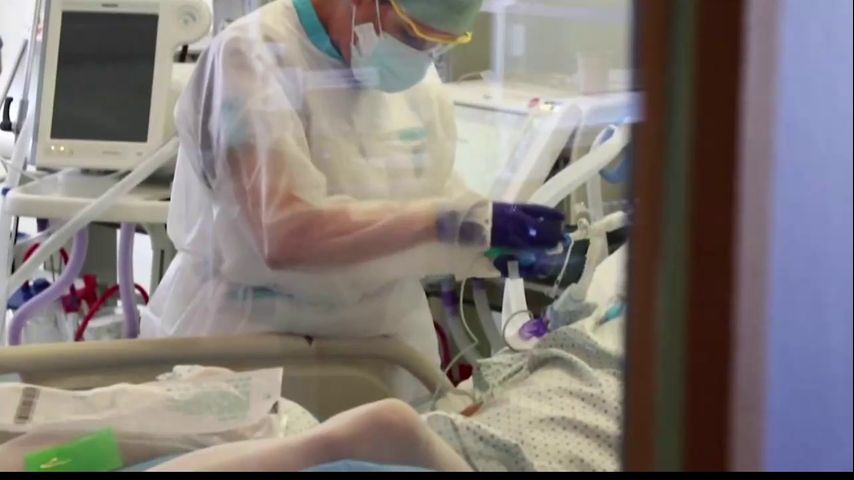Can I get persistent COVID if I get it after getting vaccinated?
It is not clear, but researchers are studying the possibilities that a person infected after being vaccinated could develop symptoms in the long term.
The COVID-19 vaccines used in different parts of the world are effective in preventing severe illness and death from coronavirus, but some people do get it after injections. In those post-vaccination cases, health experts say vaccines should help reduce the severity of the disease the patient may suffer.
However, experts are also investigating whether these post-vaccination infections can lead to persistent COVID-19, which is the phenomenon in which people suffer prolonged symptoms, which reappear or appear a month or more after being infected. It can occur after a severe initial infection or in people who initially had mild symptoms or were asymptomatic.
Some estimates suggest that around 30% of unvaccinated COVID-19 patients develop symptoms in the long term, such as respiratory failure, difficulty concentrating, insomnia and confusion. Other viral infections can produce similar symptoms.
A small study from Israel published recently found what appeared to be persistent COVID-19 in several healthcare workers who became infected after getting vaccinated. They had mild symptoms such as cough, fatigue, and weakness that persisted for at least six weeks.
Larger studies are underway.
Researchers do not know why the symptoms persist, but believe that some are indications of scarring of the lungs or damage to other organs from severe initial infections. Another theory suggests that the virus could remain in the body and elicit an immune response that triggers symptoms.
–
–


